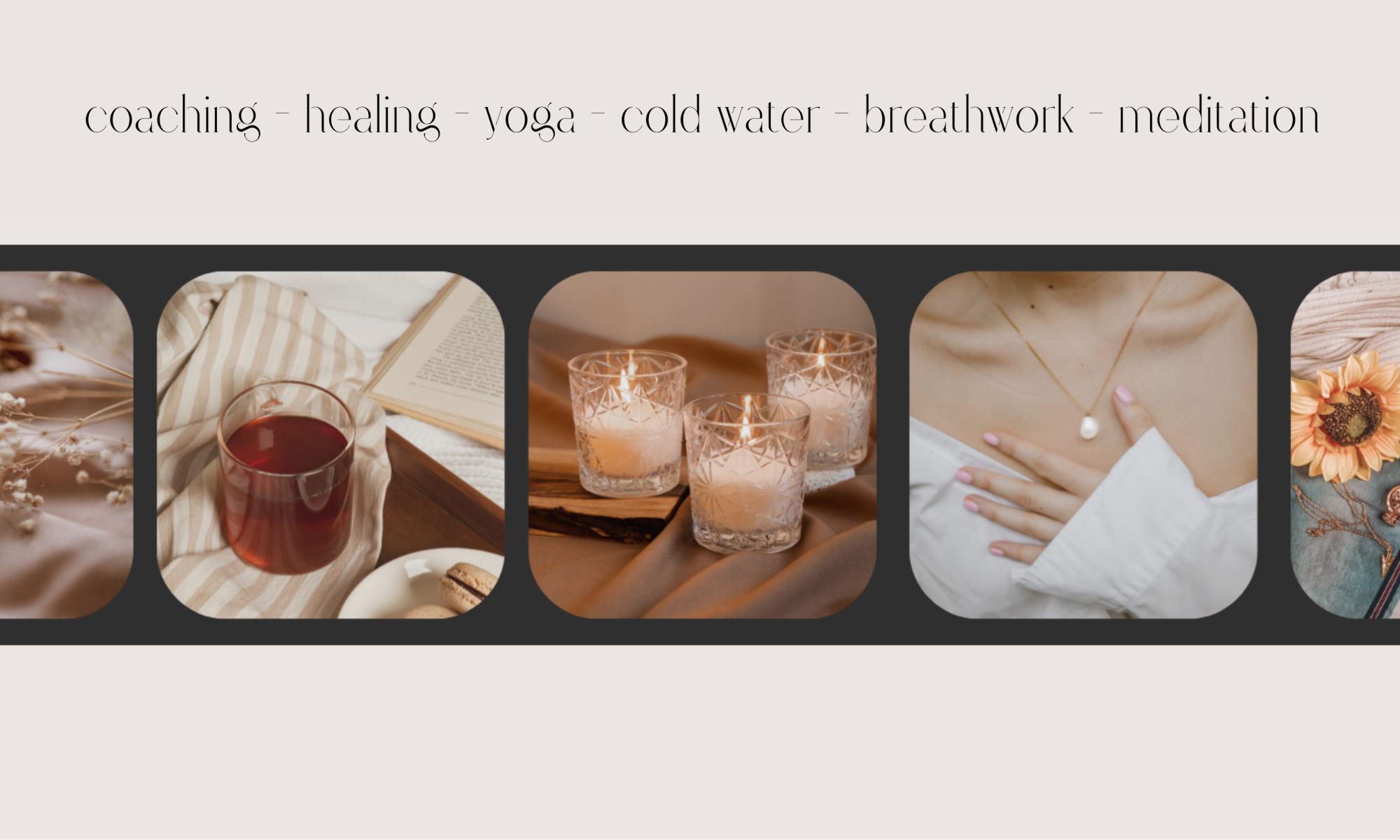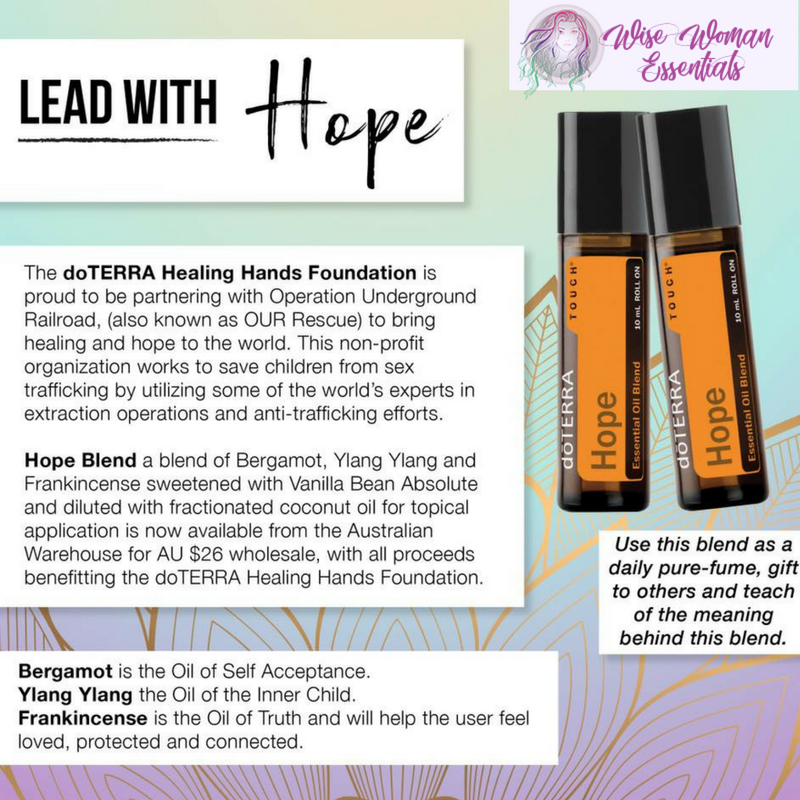The postnatal period is possibly the most vulnerable period of a woman’s life.
You’ve just gone through birth (Vaginal or caesarean – there is no easy way out!), you have a tiny human to keep alive that eats, poops and sleeps (in that order), but never actually sleeps long enough for you to get anything done – including sleep much yourself. Your heart is full, but so are your hands, and the thought of waking that beautiful dozy baby to grab a bite to eat – well, you’d rather chop your own arm off at the shoulder than rock, sway and sing (badly!) for another hour to get this darling cherub (who now sounds like a screaming banshee, by the way) back to a blissful sleep.
So, right from those early days, you do what most mums do.
You put yourself last.
But with the lack of sleep, the stress of looking after this tiny being, the repairing your body needs to do following birth (and sometimes the mental repair from a traumatic birth), & hormonal fluctuations within your body as it tries to adapt to your new reality – mean you have NEVER needed to be more mindful of your nutrition for your own health at any other time in your life.
I feel postnatal nutrition is SO important, irrespective of whether you breastfeed or not.
Obviously breastfeeding mama’s have to ensure they eat well, and enough, to support breast milk production. But in many ways, it is the mothers that wanted to breastfeed but struggle, or are forced into circumstances where breastfeeding has been cut short, that I feel need the most support. Often, they feel a sense of loss, not feeling good enough, and judgement, which can lead to negative feelings that spiral into postnatal anxiety and/ or depression. I know. I was one of them.
We all know the link between diet and mental health. Eating lots of fresh, nutritious food should be included in every new mum’s mental health strategy, as it will provide mothers with the nutrients they need to positively support mental health.
Eating for Mental Health:
The concept of the foods we eat impacting our mental health is not new. Various studies point to changes in behaviour, cognition, and depression & anxiety scores when participants followed a whole food diet vs. an average western diet (which features packaged foods, fast foods, and only minimal fresh produce and quality animal products).
Deficiencies of the B group Vitamins, omega-3 fatty acids, Vitamin D, as well as Zinc and Selenium have been implicated in the development of postnatal depression. Limiting anti-nutritive foods like processed and fast foods, and increasing fresh fruits and vegetables will help to address these deficiencies.
Focusing on small, frequent meals that contain complex carbohydrates, protein and fats will ensure sustained blood sugar levels, which positively impacts satiety, and regulates moods. Examples include 2 rice cakes with nut butter, some full fat Greek yoghurt with fruit, nuts & seeds, or a 2 boiled eggs with avocado on crackers.
Foods that provide the nutrients commonly deficient in those with postnatal depression include lean meats, cheese, eggs, yoghurt, leafy greens, avocado, seeds and nuts, and oily fish.
There is also mounting evidence that the gut microbiota is linked to psychiatric conditions including depression and anxiety. A recent study also found that mothers that supplemented with probiotic Lactobacillus Rhamnosus HN001 (6bn CFU / day for 6 months postnatally) reported significantly lower depression scores, based on the Edinburgh Postnatal Depression Scale (EPDS) questionnaire. So definitely worth discussing with your natural health practitioner whether including a probiotic in your daily routine may be beneficial to your mental health.
Eating for Energy Support:
When it comes to nutrients, The B complex vitamins are the energy powerhouses. They are utilised throughout the Krebs cycle (otherwise known as the Citric Acid Cycle) – which is the set of reactions that create energy within our cells.
The thing to remember about the B group vitamins is that they are synergistic, and are absorbed best when consumed together.
Where can you find these nutrients?
The best sources of most of the B vitamins is animal products – lean meats, poultry, eggs, yoghurt, cheese. B9 (Folate) is high in leafy green vegetables, and many breads are now fortified with folic acid (another form of the nutrient, however some people lack the enzyme to convert folic acid to it’s active form).
Other nutrients to be mindful of with regard to energy:
Magnesium, which is required for energy production, but can also support rest given its action of relaxing both the smooth & skeletal muscle. Find it in leafy greens like spinach, beets, cacao, pepitas (pumpkin seeds) and bananas.
Iron, which can be depleted post birth due to blood loss. Iron forms an integral part of haemoglobin, which binds to oxygen within the blood, transporting it around the body for use by the cells. Find it in red meat, and in lesser amounts in leafy green vegetables.
Iodine is required for the production of your thyroid hormones. Your thyroid is responsible for thermoregulation, setting your metabolism, and regulating the activity of all the cells within the body. Find it in Seafood, and to a lesser extent cheese and eggs.
Coenzyme Q10 creates energy within the mitochondria of each and every cell of the body. Without it, you can expect fatigue, sore joints and muscles, and changes to kidney function, eyesight and cognition. You can find Coenzyme Q10 in organ meats, beef, sardines, mackerel and peanuts.
Eating to support healthy Bowel Movements
And you thought birth was scary!
I highly recommend women eat a high fibre diet and drink ample water (2L minimum, 3L is better) in the postnatal period for many reasons, but to keep bowel motions soft and easy to pass is one of them. Especially when there has been any tearing or grazing downstairs.
Generally, 30gm of fibre per day is recommended, as a mix of both soluble and insoluble fibre.
So what does that look like?
½ cup rolled oats with almonds and banana in the morning, a mixed salad with 2 boiled eggs and ½ an avocado at lunch, an apple and 1 cup air popped popcorn as a snack, and a steak with some sweet potato, broccoli & carrot at dinner (just remember to keep the skin on).
Ensuring healthy gut flora can also help keep things moving along, so I will often prescribe a multi-strain probiotic formulated for the pregnancy & postnatal period.
Should you Supplement?
Short answer – yes.
In general, our soils have been depleted of nutrients by modern farming methods, and as a result our produce contains far less vitamins & minerals than they once did.
Couple that with exhausted new mums, extra energy requirements (for breastfeeding and / or physical repair following birth), but a limited intake of nutritious food, and I believe supplementing is generally required.
I recommend continuing with a pregnancy multivitamin for the first year of your bub’s life to ensure you are getting the key nutrients required to support mental health, energy production, & repair.
Kimberley is available Tues and Wed in the clinic, and at other times via Skype / Zoom.



